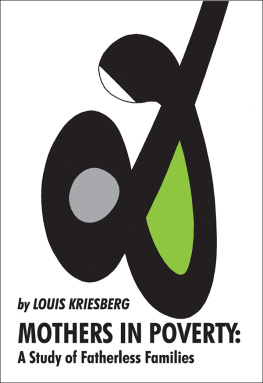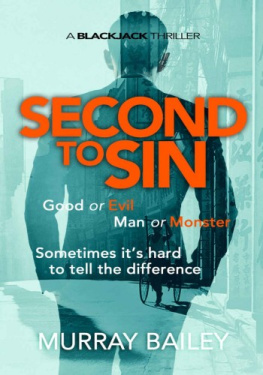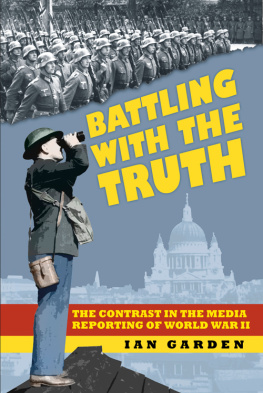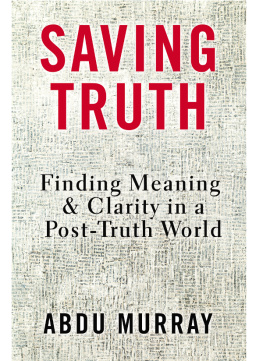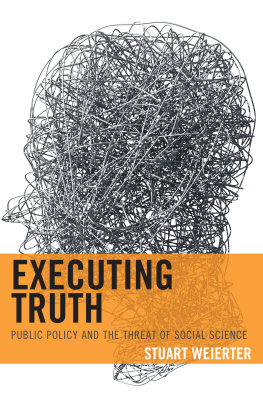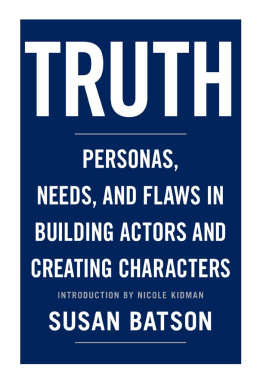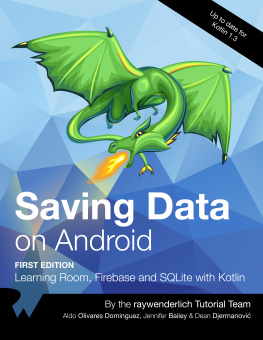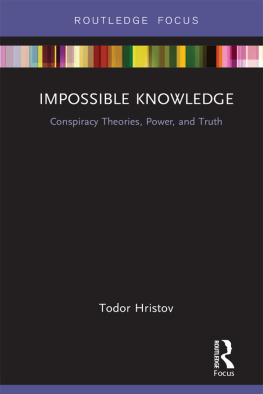F. G. Bailey - The Saving Lie: Truth and Method in the Social Sciences
Here you can read online F. G. Bailey - The Saving Lie: Truth and Method in the Social Sciences full text of the book (entire story) in english for free. Download pdf and epub, get meaning, cover and reviews about this ebook. year: 2013, publisher: University of Pennsylvania Press, genre: Science. Description of the work, (preface) as well as reviews are available. Best literature library LitArk.com created for fans of good reading and offers a wide selection of genres:
Romance novel
Science fiction
Adventure
Detective
Science
History
Home and family
Prose
Art
Politics
Computer
Non-fiction
Religion
Business
Children
Humor
Choose a favorite category and find really read worthwhile books. Enjoy immersion in the world of imagination, feel the emotions of the characters or learn something new for yourself, make an fascinating discovery.

- Book:The Saving Lie: Truth and Method in the Social Sciences
- Author:
- Publisher:University of Pennsylvania Press
- Genre:
- Year:2013
- Rating:3 / 5
- Favourites:Add to favourites
- Your mark:
The Saving Lie: Truth and Method in the Social Sciences: summary, description and annotation
We offer to read an annotation, description, summary or preface (depends on what the author of the book "The Saving Lie: Truth and Method in the Social Sciences" wrote himself). If you haven't found the necessary information about the book — write in the comments, we will try to find it.
This book explores the distinction between selflessness and self-interestedness, between acting for ones own advantage and acting, even when disadvantageous, for reasons of duty or conscience. This apparently straightforward contrast (exemplified in the difference between rational-choice models in economics and holistic models in social anthropology) is a source of confusion. This is so, F. G. Bailey argues, because people polarize and essentialize both actors and actions and uphold one or the other side of the contrast as concrete reality, as the truth about how the social world works. The task of The Saving Lie is to show that both versions are convenient fictions, with instrumental rather than ontological significance: they are not about truth but about power. At best they are tools that enable us to make sense of our experience; at the same time they are weapons we deploy to define situations and thus exercise control.
Bailey says that both models fail the test of empiricism: they can be at once immensely elegant and quite remote from anyones experience in the real world. And since both models are saving lies, we should accept them as necessities, but only to the extent they are useful, and we should constantly remind ourselves of their limitations. The wrong course, according to Bailey, is to promote one model to the total exclusion of the other. Instead, we should take care to examine systematically the rhetoric used to promote these models not only in intellectual discourse but also in defining situations in everyday life.
The book strongly and directly advocates a point of view that combines skepticism with a determination to anchor abstract argument in evidence. It is argumentative; it invites confrontation; yet it leaves many doors open for further thought.
F. G. Bailey: author's other books
Who wrote The Saving Lie: Truth and Method in the Social Sciences? Find out the surname, the name of the author of the book and a list of all author's works by series.

